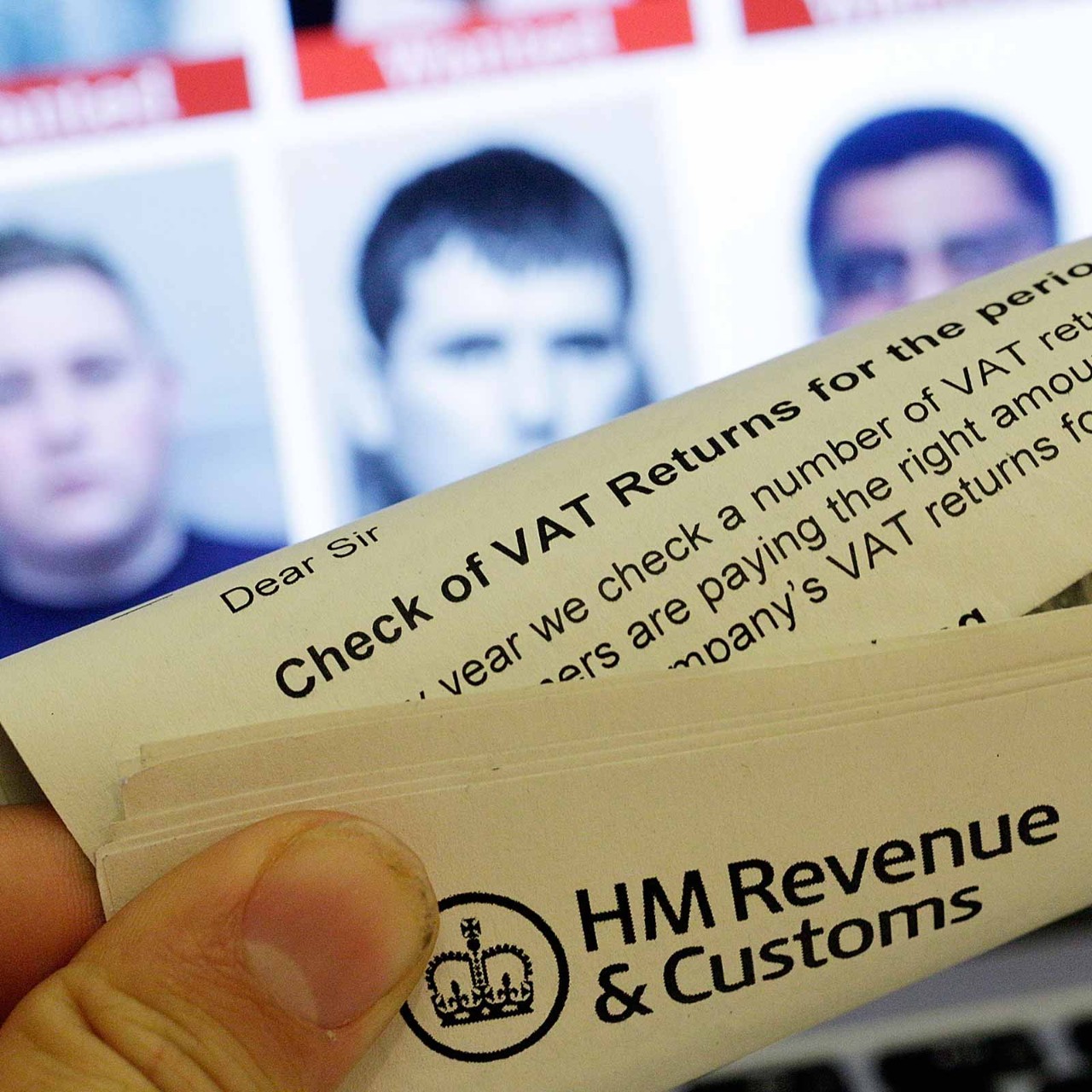
Over the course of several months, hundreds of representatives from business, regulatory bodies, policymakers, standard-setters, the accounting profession, academia and elsewhere joined roundtables in their regions to discuss climate change. Each brought their own perspectives on key challenges, much needed solutions, and the role of the accountant in driving change.
They hailed from:
- hot and dry places, such as the Middle East, Pakistan and Sri Lanka
- islands at the eye of the storm in the Caribbean
- wealthy, temperate countries such as the UK
- giant, mature internal markets such as the EU
- Asia Pacific, the world’s manufacturing hub and home to the largest population on earth
- India, with its contrast of the super-urban and very rural
- fast-growing regions in Africa.
Some talked about rising temperatures decimating agricultural land, others about shock floods and fires, while others highlighted deforestation, disrupted trade and choking air quality. No matter the level of national wealth, there was pain in their descriptions of the impact of climate change and urgency in their discussion of possible solutions.
Accountants know how to speak the language of business and translate the potential climate impacts across the entire value chain
Asia Pacific
Asia-Pacific climate roundtable gets real about net-zero commitments in a warming world
Europe
How the EU sees its role in the drive for a single global set of sustainability standards
Myriad threats
Those at a Pakistan roundtable discussed the country’s reliance on textile exports, and the threat of rising temperatures on the cotton crop, as well as the devastation that poorly designed climate rules could wreak on the industry. Participants at the two Africa roundtables discussed the lack of focus from national regulators on climate issues – housing and healthcare for citizens were higher up policymakers’ agendas. One member from Trinidad and Tobago highlighted concerns that crackdowns on greenhouse gas emissions could mean major job losses in manufacturing in the region.
Those from wealthier countries decried a ‘tragedy of the commons’, a disaster unfolding before us while countries collectively engaged in a stand-off. Challenges from roundtables in richer parts of the world focused on a need for harmonisation across sustainability standards, a reduction in the cost of green technology, and greater support for small and medium-sized entities.
Myriad solutions
Despite the many and troubling challenges, participants were quick to come up with solutions too. One participant from Sri Lanka argued that the maximum term for most business planning, thinking and reporting was five years, damaging the ability of companies to engage with the long-term vision required for sustainable business. The growth-driven, GDP-obsessed environment would, added a participant from Asia Pacific, ultimately end in ecosystem damage and inefficient use of resources. New measures of success should be mandated from the top, participants argued.
Others discussed the importance of proper planning. Those at the Africa roundtables pointed out that extra funding from the EU for supporting sustainability projects would work only if specific contexts were taken into account. Imposing the power distribution infrastructure that has been successful in the EU, for example, would not work in Africa.
This is a global problem that requires global standards and plenty of targeted funding. It has to be now and it has to be quick
A participant from Canada argued that businesses needed to consider sustainability at the beginning of all decision-making. What systems should a company use to make products, and what equipment should it buy? Sustainability challenges were solved at the strategic level, it was argued.
But a participant at the India roundtable said that planning was possible only if governments began to heavily subsidise or otherwise incentivise the purchase of green technology such as electric vehicles in cash-strapped countries and industries. Even participants at the UK roundtable described how purchasing green tech invariably hurt profits, for a while at least, making it a difficult choice in an age of quarterly results.
There was a range of views about whether regulators should offer the carrot or the stick in pushing businesses towards net zero.
Some argued that regulations that hurt the bottom line of companies that weren’t making an effort was the only way to get them to play along.
Others argued that too much regulation too soon would distort competition, upend markets and discourage consumers in economies currently harried by the effects of Covid-19 and imminent inflation from making sustainable purchases.
Still others argued that the imposition of rules by wealthy mature economies on emerging economies could have devastating effects.
You have to invest in supply chain participants, hold their hand, and then hopefully customers will reward the business
Middle East
Three roundtables with representatives from across the Middle East region discuss climate urgency, optimism and room for improvement
UK
COP 26 roundtable discusses UK members’ views of sustainability and superhero accountants
Key issues
But there was plenty to agree on too. Participants were unanimous that businesses needed to make a start – no matter how small – and should not be discouraged by reputational issues. Accountants at larger businesses, some said, had a key role to play in helping SMEs in their supply chain to understand incoming regulation and make the purchases necessary to go green.
As one participant from North America put it: ‘You have to bring your supply chain with you. Many in the supply chain don’t have the money to go net zero. So you have to invest in them, hold their hand, and then hopefully customers will reward the business for making the effort.’
Participants everywhere were excited about the emergence of significant attempts to create a global standard-setter and harmonised standards for sustainability. And there were repeated calls for accountants to lead on the sustainability agenda.
Most pointed out that accountants occupy key positions across leadership, management and operational levels. They know how to speak the language of business and how to translate the potential climate impacts throughout the entire value chain – customers, suppliers, employees, logistics providers, activists, investors, financiers and regulators – in a way that the business understands.
As one participant from the UK argued, accountants are guardians of company assets, including brand, and they have the holistic mindset, ethical framework and analytical abilities to drive the agenda forward. And for the trickier aspects of sustainable business such as addressing Scope 3 emissions, accountants are invaluable.
Across the roundtables, vigorous debate and the wide range of expertise meant that no group discussed the same challenges or solutions in the same way. Yet consensus emerged: this, said participants, was a global problem, requiring global standards to address, and plenty of targeted funding. Accountants, they agreed, are among the most powerful players in the global commercial system, and critical to the effort. And on timing, every single group agreed: it has to be now and it has to be quick. The pace must pick up significantly if we are to make meaningful progress in averting an even bigger climate emergency.





